The potential of impact for the public, private and civic sector to improve economic growth, process efficiencies, security and protocols is here for the taking if we balance the bold with the pragmatic.
Jennifer Sanders, Executive Director, North Texas Innovation Alliance and Natalie Smolenski, Board Chair, Texas Blockchain Council
For years, public sector leaders and policymakers have been exploring blockchain’s potential to address myriad challenges. These include inefficiencies in public sector processes, such as property records verification and verification of personal identification to support access to services (for example, by those experiencing homelessness). There has also been growing momentum to use blockchain as a smart grid technology that helps monitor and log renewable energy production in real time, as well as to track movement and compliance through a supply chain.
As a result of these early investigations, the benefits of blockchain for the public sector are increasingly becoming clear: they include economic, environmental, service-oriented, and quality-of-life impacts. Resident services and other departments can realize dramatic efficiencies by moving to secure, decentralized ledgers for verification of high-stakes claims, and there are already examples of successful initiatives to that end. This enables applications that blockchain is particularly well-suited to for societal impact – support of the homeless and of unbanked populations are just two examples. Blockchain can also be used to ensure the provenance and integrity of goods and materials crossing borders or moving through a supply chain, which reduces costs and mitigates risk across the board. In addition, blockchain can be a key technology for ensuring energy grid reliability while incentivizing a move toward renewable resources.
Another compelling benefit of blockchain technology for the public sector is its ability to generate new sources of capital. Earlier this month, Miami Mayor Francis Suarez, who has never shied away from innovative approaches to governance, launched MiamiCoin, a city-specific digital token, designed in partnership with CityCoins, that will be the first of its kind to go to market. The vision for the currency is to provide an ongoing revenue stream that could be put towards a variety of investments that benefit the city but might otherwise be difficult to consistently prioritize in general fund budgets. These include new public spaces, events, startup recruitment, and others. Think of it as an enterprise fund that allows for future investments without the traditional risk (or bond election) associated.
Of course, blockchain holds extraordinary promise for Texas businesses as well: this fast-growing industry presents a massive opportunity for economic development and workforce pipeline investments that build the skillsets to secure future prosperity. As the world’s 9th-largest economy by GDP, it makes sense that Texas would quickly develop a robust ecosystem of companies leveraging blockchain technology in their products and services. Last year, this growing community spurred the formation of the Texas Blockchain Council, a nonprofit trade association that advocates for blockchain-friendly policies and regulations in Texas.
Despite its young age, the Council has already spearheaded the passage of two pieces of landmark legislation, which in turn led to a pronouncement that Texas banks can custody digital currencies; created a political climate where the technology is welcomed and encouraged at the highest levels; and facilitated an influx of Bitcoin miners helping to shape the next generation of Texas’s energy economy.
Now it is time to build on that success by inviting the Texas public sector and policy communities to learn, discuss, ask questions, and engage with the industry shaping the future of Texas. That is why the Texas Blockchain Council is hosting the first-ever Texas Blockchain Summit in Austin on October 8th.
Knowledge exchange amongst a diverse set of cross-disciplinary experts is a simple – but not always easy – approach to informed progress and policy. Yet it is valuable because it can quell the hesitation often exhibited by highly risk-averse sectors when they find themselves facing dramatic change. Neutral conveners and voices bring value by sourcing champions of change who have made building and implementing new technologies their lifelong mission to help drive an expedited path to progress.
The Texas Blockchain Summit is the first blockchain conference geared specifically toward the public sector and policy communities. It is the place to bring your questions, concerns, thoughts, and ideas about anything and everything pertaining to the promise and challenges inherent in the process of decentralizing value. And while there are still many unknowns, a certain level of comfort with the unknown is a prerequisite for progress.
The North Texas Innovation Alliance has partnered with the Texas Blockchain Council to sponsor the Summit because we believe in the promise this emerging industry holds for the State of Texas--and for the world. As with most innovation, blockchain technology evolves far more quickly than policy. That means now is the time for the policy community to learn about blockchain and develop the focus and leadership necessary to fully embrace its potential.
We invite you to join us in Austin on October 8th. Members of the NTXIA qualify for a special discounted ticket rate, as do public servants. Please reach out to Jen Sanders, Executive Director of the North Texas Innovation Alliance, to claim your discount and reserve your ticket today.





